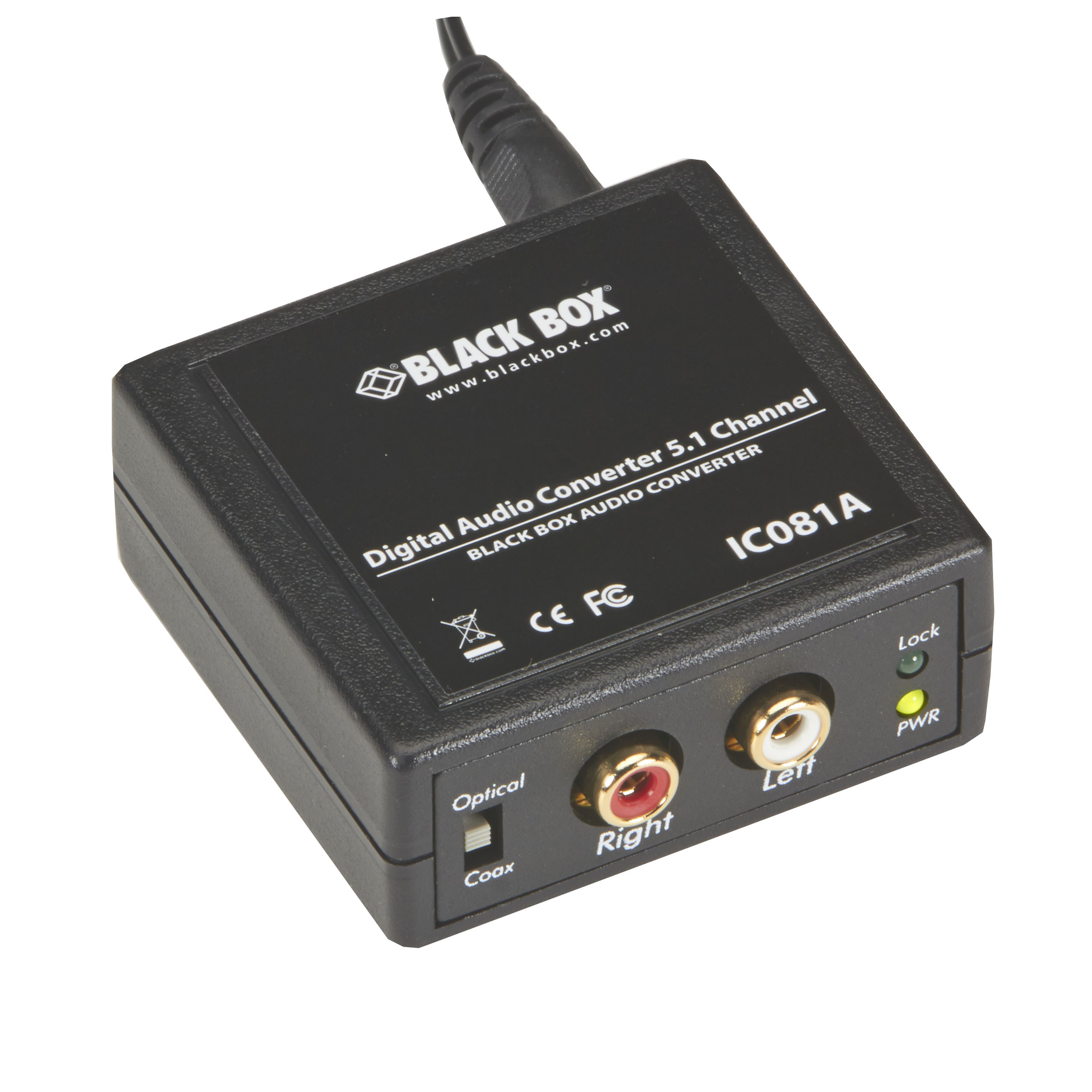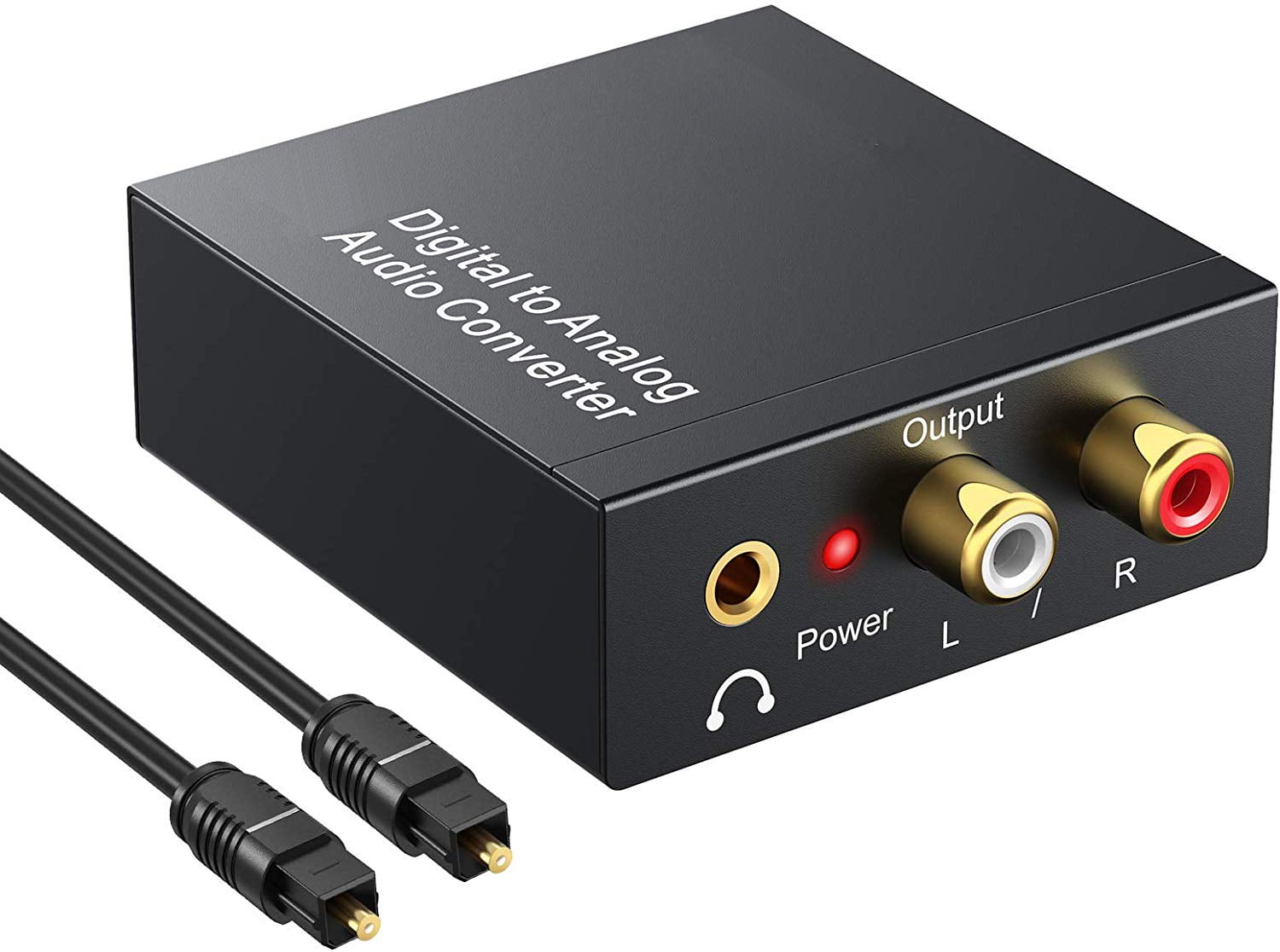
In addition, to achieve more services within one fiber optic link, it is possible to multiplex multiple video channels and even additional audio, data and other signalling types to a digital stream that can maintain a full quality of each service embedded. Their role is to achieve the photoelectric conversion. Generally, video optical converter is used by pairs, a transmitter and a receiver. 4-channel V/A/D (Video/Audio/Data) fiber multiplexer.

While multiplexer, as its name suggests, it is usually a multi-channel and multiple media video converter, e.g. In most cases, video extender refers to the video converter which is with a high-quality interface, e.g. You may find that it is also called video multiplexer or video extender by some vendors. Video optical converter, is the general name of video transmission device.

This tutorial aims to introduce the classification of video optical converter according to its interface. Some interface technologies, including HDMI (High-Definition Multimedia Interface), VGA (Video Graphics Array), SDI (Serial Digital Interface) and other high quality video interface are now widely used in video transmission system. Furthermore, current video transmission technology has overcome the challenge of distortion over fiber optic transmission.

The advent of video optical media converter has broken this barrier. But in the uncompressed video transmission system, it is not easy to complete the simultaneous transmission of multiple video and data signals. With the increasing demands on multimedia service, people often need to transmit multiple video image signals and multiple data signals in the meantime. Fiber, with its benefits, is also used in Video transmission, especially digital video transmission. Recent years, we have witnessed a very rapid growth of fiber optic communication.


 0 kommentar(er)
0 kommentar(er)
